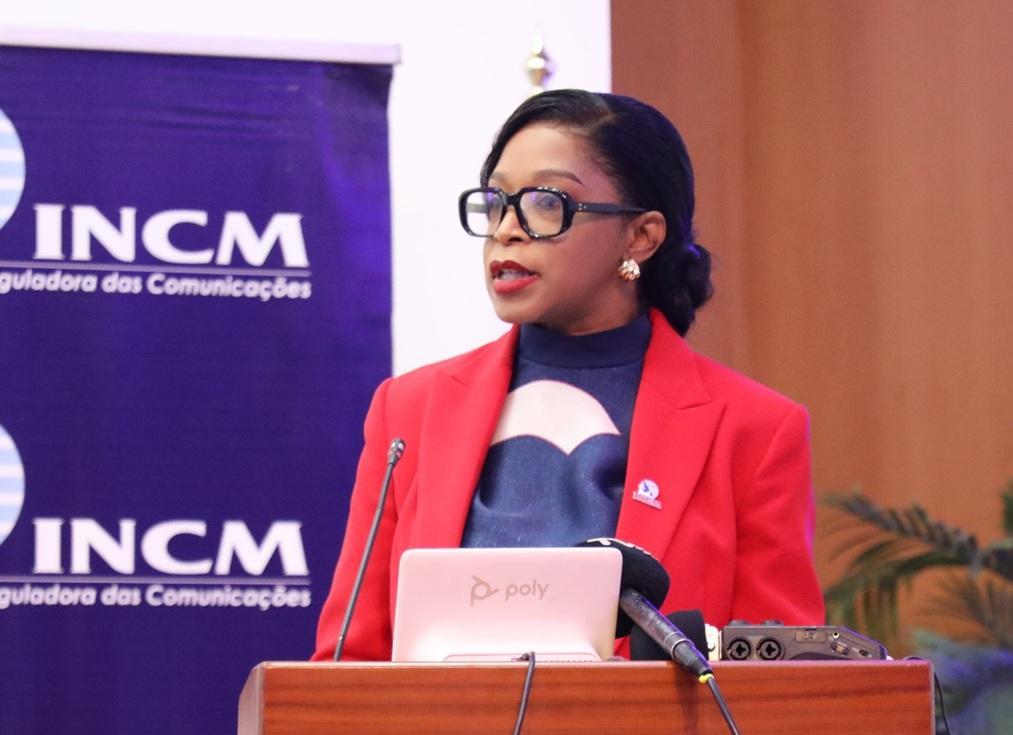Africa-Press – Mozambique. The severe weather alert platform in Mozambique will now send messages to the population in critical situations, with the aim of saving lives, in a context of growing climate threats, it was announced on Monday.
“Fast, accurate, and targeted communication is essential,” explained Helena Tomás, president of the Mozambique Communications Regulatory Authority (INCM), during the launch of the telecommunications project to respond to natural disasters in Maputo.
She added that the platform “allows the sending of geolocated alert messages” via text message (SMS) and interactive voice responses, to “alert, inform, and guide the population in real time in the event of an emergency”.
Mozambique is considered one of the countries most severely affected by climate change, facing cyclical floods and tropical cyclones during the rainy season, which runs annually between October and April, as well as prolonged droughts.
Extreme events, such as cyclones and storms, caused at least 1,016 deaths in Mozambique between 2019 and 2023, affecting approximately 4.9 million people, according to data from the National Institute of Statistics (INE).
Between December and March alone, during the previous cyclone season, the country was hit by three cyclones – including Chido, the most severe – which, in addition to destroying thousands of homes and infrastructure, caused approximately 175 deaths in the north and centre of the country.
According to the INCM director, this platform is a technological solution that transforms communication into an effective prevention and response tool, also recognizing the role of mobile communications operators as strategic partners by providing this infrastructure.
“Mobile phones already have a sender identification centre, ensuring that, in critical situations, messages can be sent in bulk, quickly, and inter-operably between networks, guaranteeing national coverage and strengthening the capacity to save lives,” Helena Tomás emphasized.
This mechanism, she assured, will be operated by properly trained professionals, considering that the training component is essential and must be ongoing to ensure that the system remains “functional, sustainable, and aligned with international best practices”.
According to the INCM president, the instrument represents a historic advance for the communications sector in Mozambique, considering it proof that technology, when used for the common good, can be a “powerful instrument of protection, inclusion, and solidarity”.
“Each message sent through this system can represent a life protected, a community warned, or a mitigated risk. It is therefore a collective achievement in the prevention and mitigation of natural disasters and risks,” she added, highlighting it as a “decisive step” in consolidating a “more resilient and prepared” society, where information circulates with “speed, precision, and purpose”.
The president of the National Institute for Disaster Risk Management and Reduction, Luísa Meque, advocated for strengthening the capacity of communication networks, noting that they are also destroyed by severe weather, resulting in data and information transmission failures.
Furthermore, Meque considered it “critical to continuously train” emergency teams and managers of communications and data transmission systems to prevent interruptions in data or information transmission.
On October 14, the Mozambican government approved the contingency plan for the 2025/2026 rainy season, which could affect 1.2 million people. The government admits it has less than half the 14 billion meticais (€190 million) needed.
For More News And Analysis About Mozambique Follow Africa-Press






